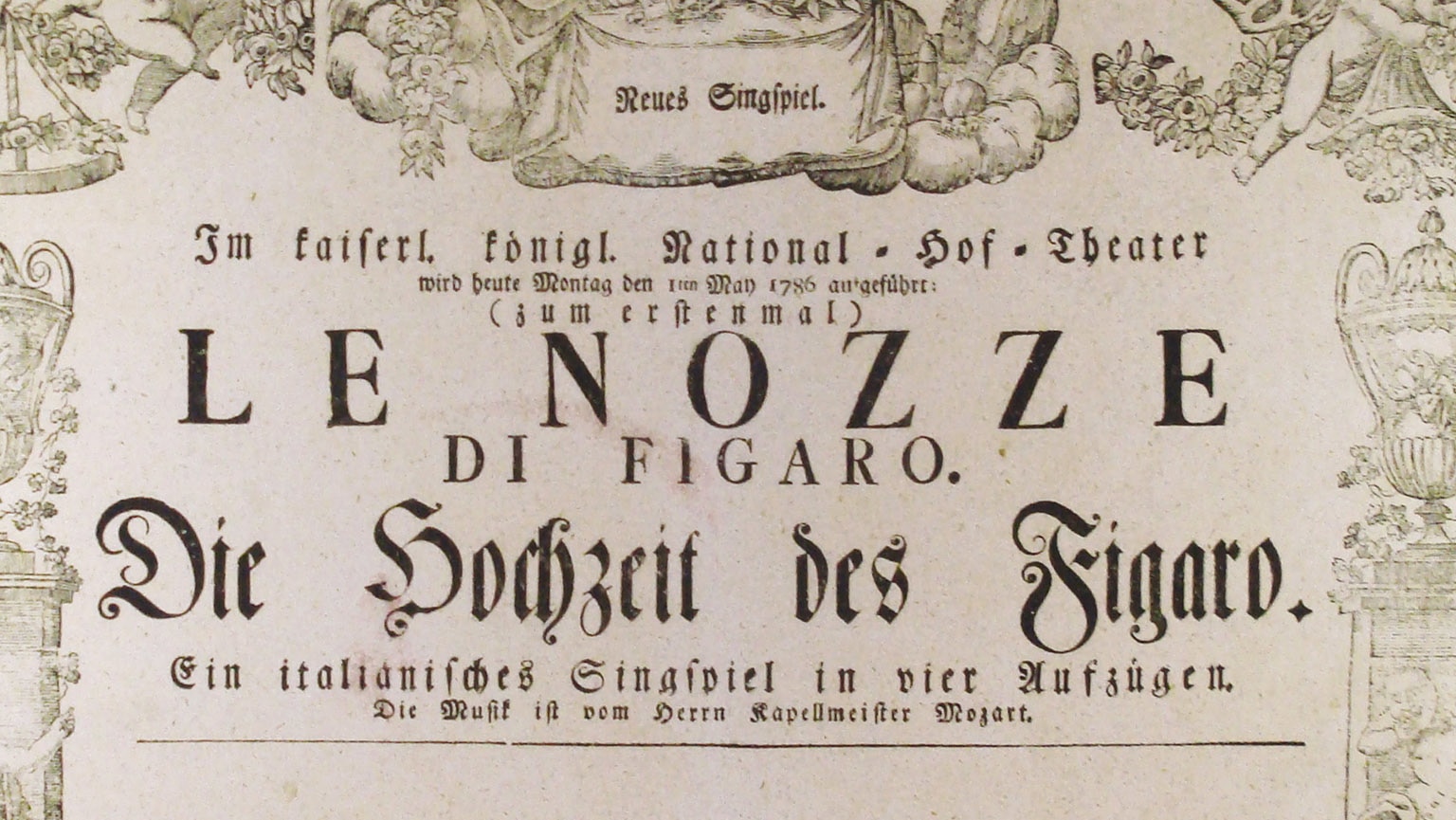Handel’s “Stille Amare”: The “Poison” Aria from “Tolomeo”
Handel’s opera, Tolomeo, HWV 25, was first performed at the King’s Theatre in London on April 30, 1728, and featured a spectacular and renowned cast, which the composer imported from Italy. Set in 108 BC, its plot is ripe for high drama: The story of Tolomeo is set in Ancient Egypt and follows Tolomeo, the son of a deposed king, who is forced to marry Seleuce, who is already married to his …







